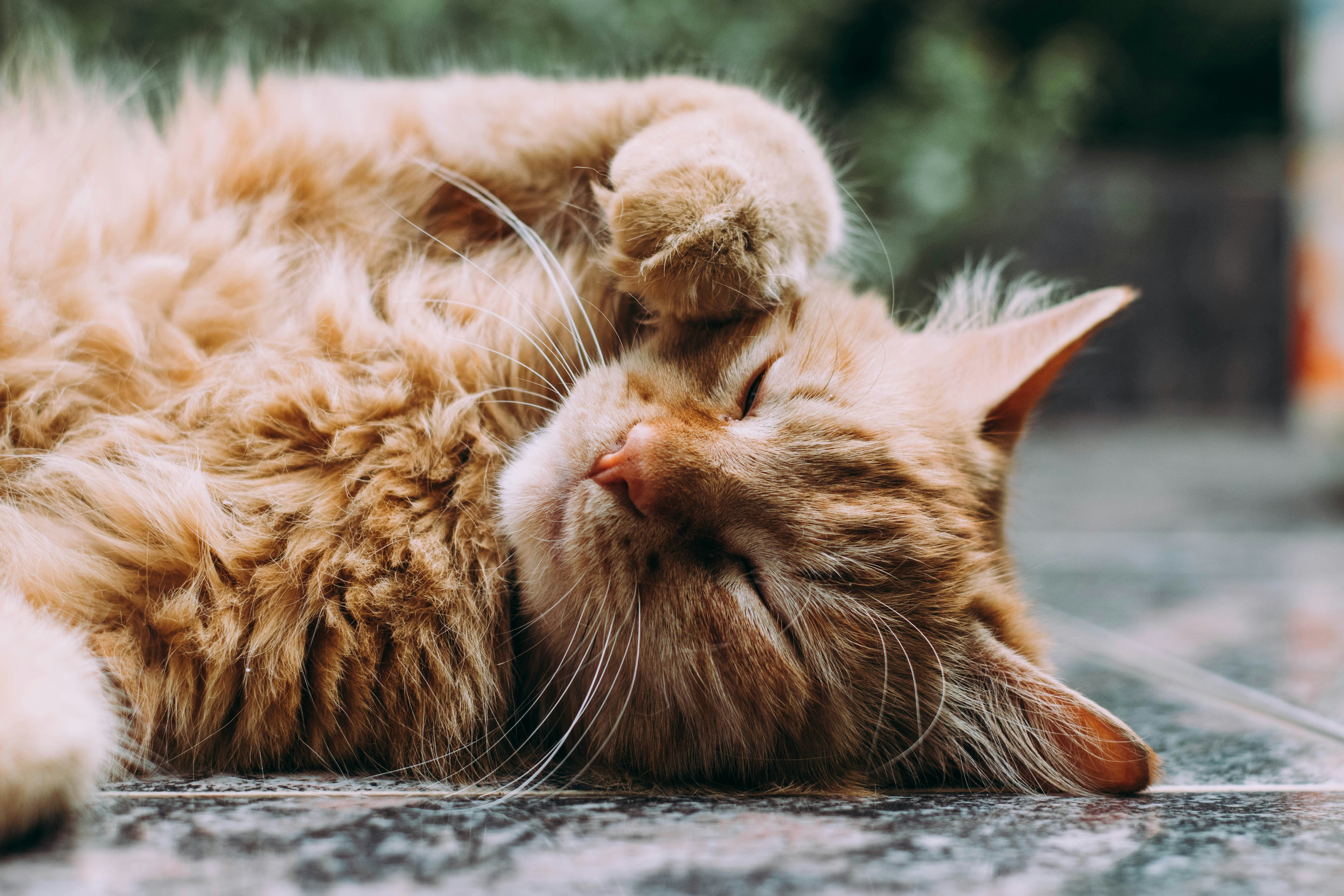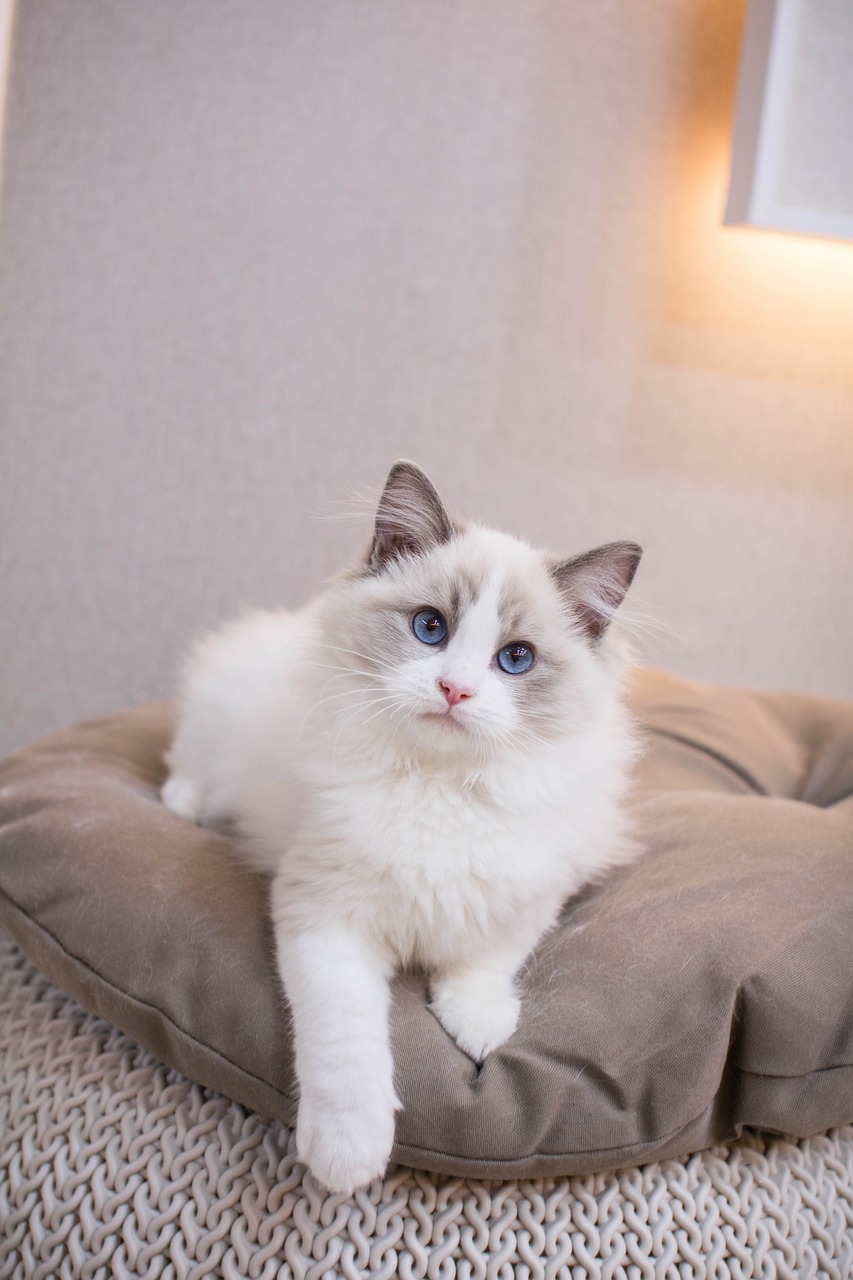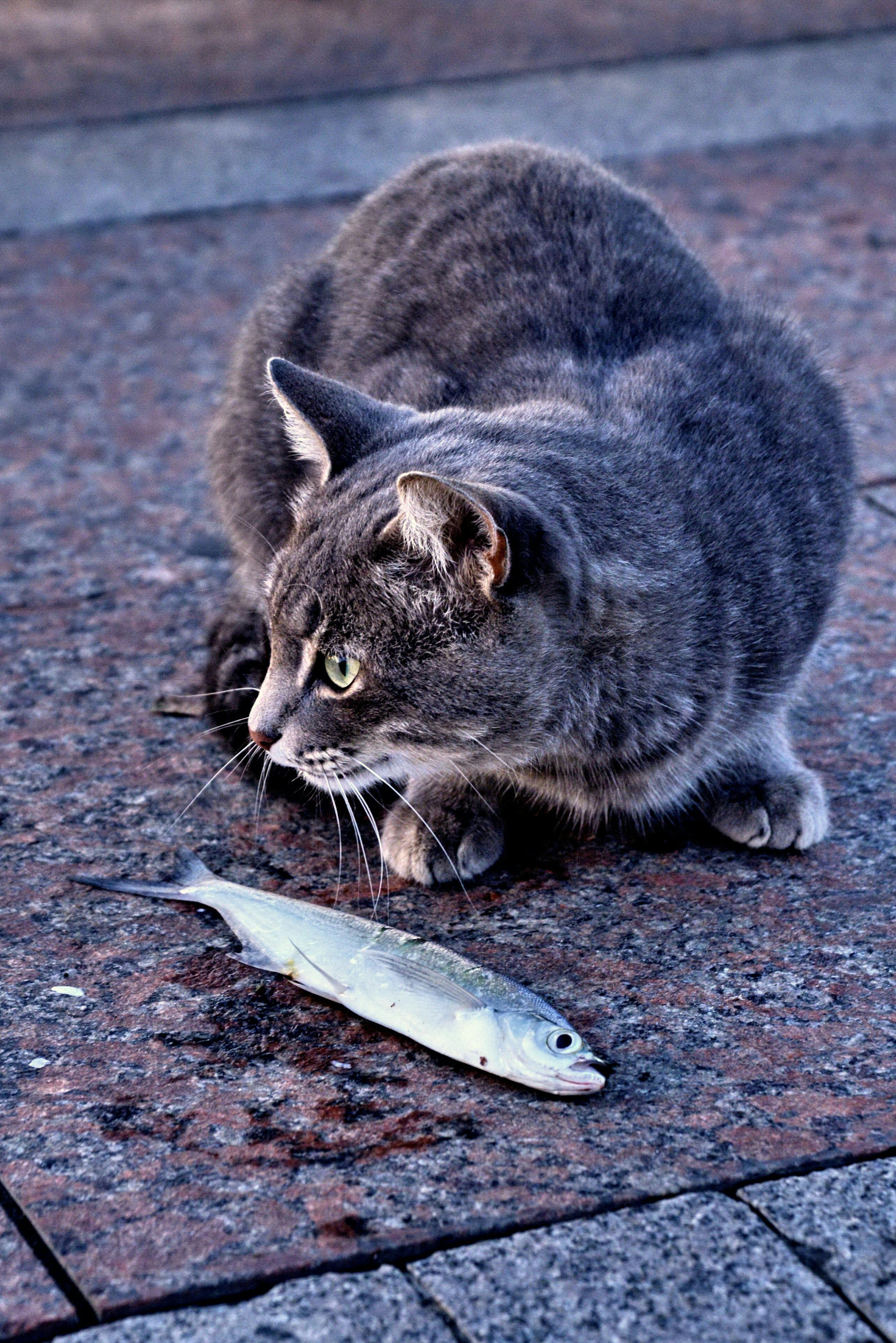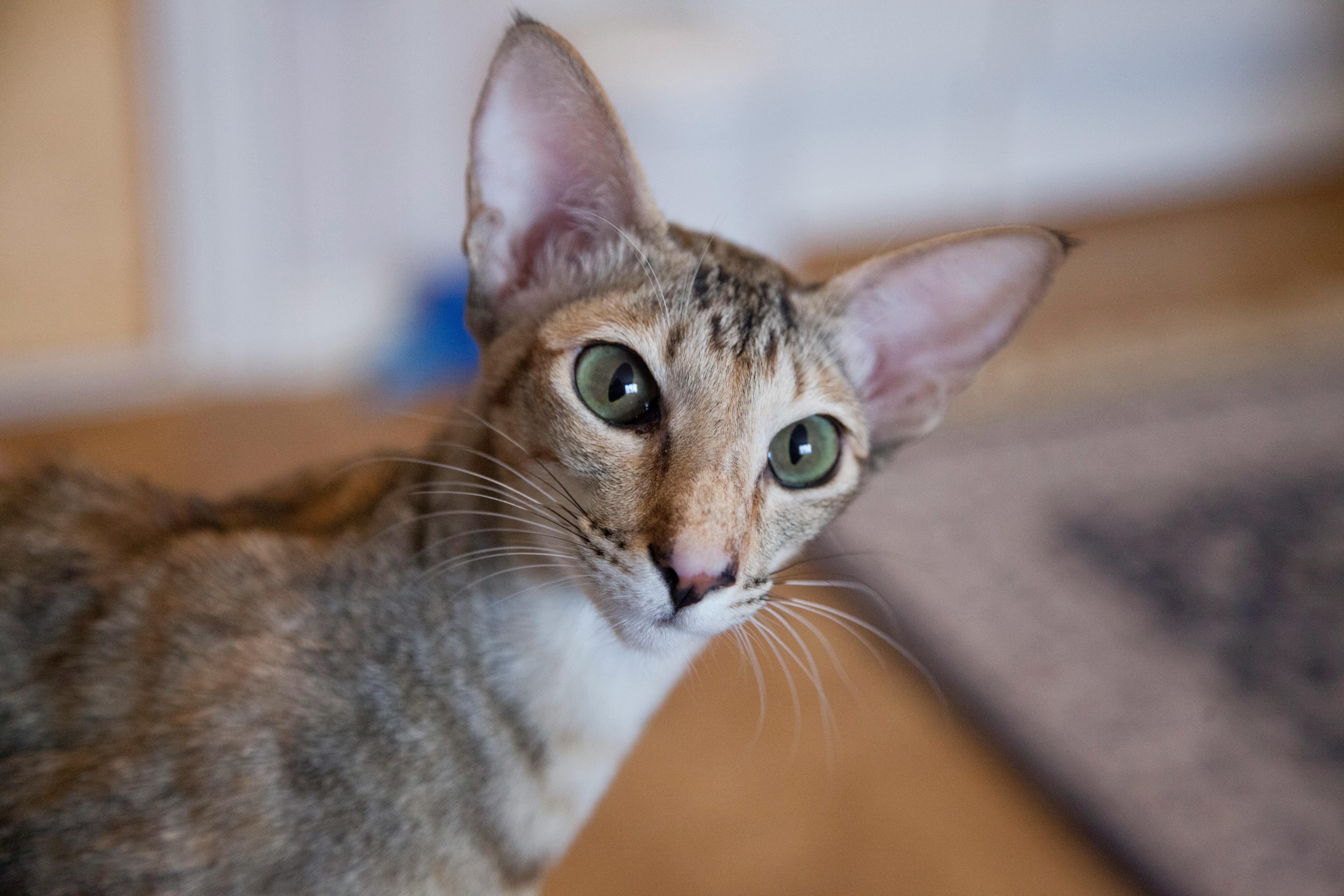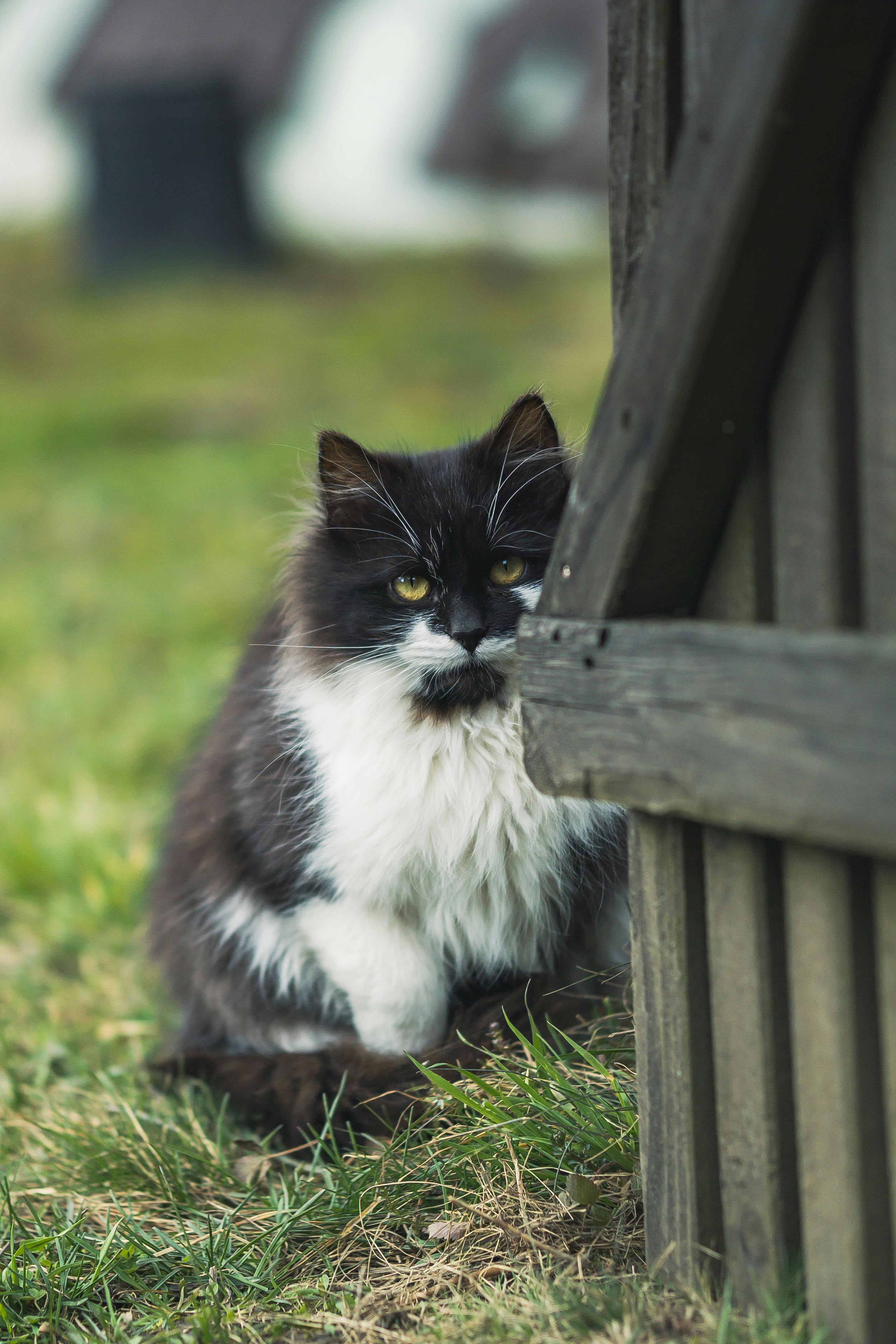Managing Your Cat’s Diarrhea: Foods That Will Help
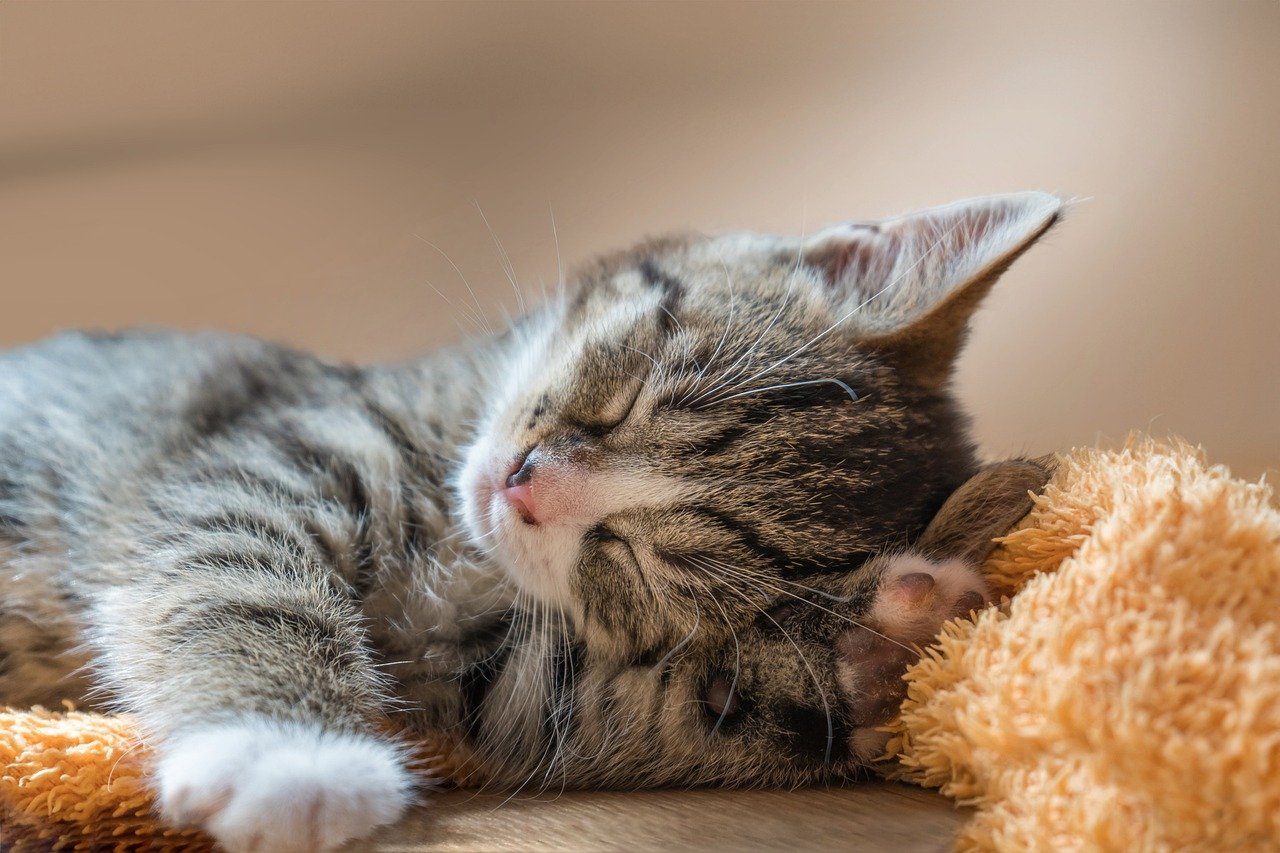
Your beloved feline friend has diarrhea, and it seems they missed the litter box, or worse, they've turned it into a Jackson Pollock masterpiece.
If you're a cat owner, you'll likely encounter diarrhea at some point, and it may become a recurring issue for some unfortunate souls. Left untreated, it can lead to dehydration and nutrient deficiencies.
What Exactly is Diarrhea?
Diarrhea is when your cat passes loose or watery stool more frequently and in larger quantities than usual. It's often a symptom of underlying issues rather than a standalone disease.
The causes of diarrhea can range from minor concerns like stress or dietary changes to more severe illnesses such as cancer. Regardless of the cause, diarrhea is one of the top reasons cat owners seek veterinary care.
Understanding why your cat has diarrhea and when to seek medical attention versus managing it at home is crucial.
When You Can Handle Diarrhea at Home
You may be able to manage your cat's diarrhea at home if:
-
Your cat is acting normally, with regular energy levels and appetite.
-
There's no vomiting.
-
Your cat is up-to-date on vaccinations.
-
Your cat is a young adult without pre-existing health issues, like kidney failure or diabetes.
When Diarrhea Calls for Urgent Veterinary Care
Seek immediate veterinary attention if your cat shows any of the following signs along with diarrhea:
-
Suspected ingestion of a toxin or poison.
-
Ingestion of a foreign body (e.g., string or rubber band).
-
Low energy and weakness.
-
Loss of appetite.
-
Frequent bouts of diarrhea within a short timeframe.
-
Diarrhea persists for more than 24 to 36 hours despite home remedies.
-
Blood in the stool (note that small blood spots may not necessarily be an emergency).
-
Black or tarry stool.
-
Straining to defecate with minimal output.
-
Pale, bluish, whitish, yellowish, or gray gums.
-
Abdominal pain, indicated by groaning, rapid panting, or avoiding touch.
-
Passing worms in the stool or observing worms in vomit.
When in doubt, contact your vet or an emergency hospital for guidance.
Managing Your Cat's Diarrhea at Home
If you've determined that it's safe to manage your cat's diarrhea at home for 24 to 36 hours, here are some steps to follow:
1. Rest: Provide a quiet and comfortable place for your cat to recover, preferably in a room with easy-to-clean floors and extra litter boxes.
2. Hydration: Maintain your cat's hydration by offering rice water. Boil white rice (not minute rice) in water for 10 to 30 minutes until the water turns creamy white. Allow it to cool, and offer it to your cat. If your cat isn't interested, add a small amount of pet-safe turkey broth (without onions or garlic).
3. No Fasting: Unlike dogs, cats should not be fasted when they have diarrhea, as they need nutrition for healing.
4. Bland Diet Options: Consider feeding plain, boiled, boneless, skinless chicken and rice or baby food that does not contain onions or garlic. Feed small, frequent meals.
5. Transition Back Gradually: If the diarrhea resolves, transition your cat back to their regular diet over one or two weeks. Avoid giving treats or other foods during this time.
Additional Tips and Treatments
Probiotics: Probiotics can help support your cat's digestive health. You can try unflavored yogurt with low sugar content or specific pet-friendly probiotics.
Fiber: Pumpkin can help firm up stools in some cases of diarrhea. Ensure your cat has access to plenty of fresh water when giving fiber supplements.
Avoid Over-the-Counter Medications
Do not administer over-the-counter human medications like Kaopectate, Pepto Bismol, or Imodium to your cat without veterinary guidance, as they can be harmful if dosed incorrectly.
Monitoring Your Cat's Bathroom Habits
Regularly observe your cat's bathroom habits, noting any changes in frequency, location, stool color, or consistency. This information can be valuable when discussing your cat's condition with the vet.
Seek Veterinary Care When Necessary
If your cat's diarrhea persists and worsens, or if you have concerns, consult your veterinarian. They will thoroughly evaluate, recommend diagnostic tests, and provide appropriate treatments for your cat's condition. Dehydration and nutrient deficiencies are significant concerns with prolonged diarrhea, so early intervention is crucial.
Understanding the Causes of Cat Diarrhea
Various factors can lead to diarrhea in cats, including:
-
Ingesting toxins, foreign objects, or harmful foods.
-
Food allergies or rapid diet changes.
-
Intestinal parasites.
-
Inflammatory bowel disease.
-
Infections.
-
Reaction to medications.
Your veterinarian will consider these factors and conduct tests to determine the underlying cause of your cat's diarrhea.
What to Expect During a Veterinary Visit
During a vet visit, expect your veterinarian to ask questions about your cat's history, diet, behavior, and habits. They will perform a thorough physical examination and may recommend diagnostic tests such as fecal analysis, blood work, radiographs, ultrasound, or endoscopy. Treatment options will be based on the diagnosis.
Diarrhea in cats is a common issue with various potential causes. While some cases can be managed at home, others require prompt veterinary attention. Monitoring your cat's bathroom habits, providing appropriate care, and seeking professional help can help keep your feline friend healthy and comfortable.
Get insurance plans with wide-ranging coverage options








